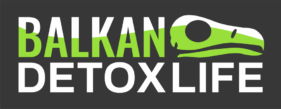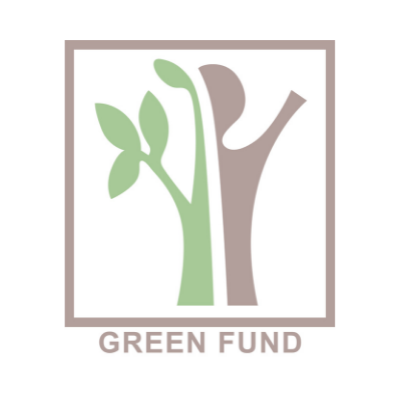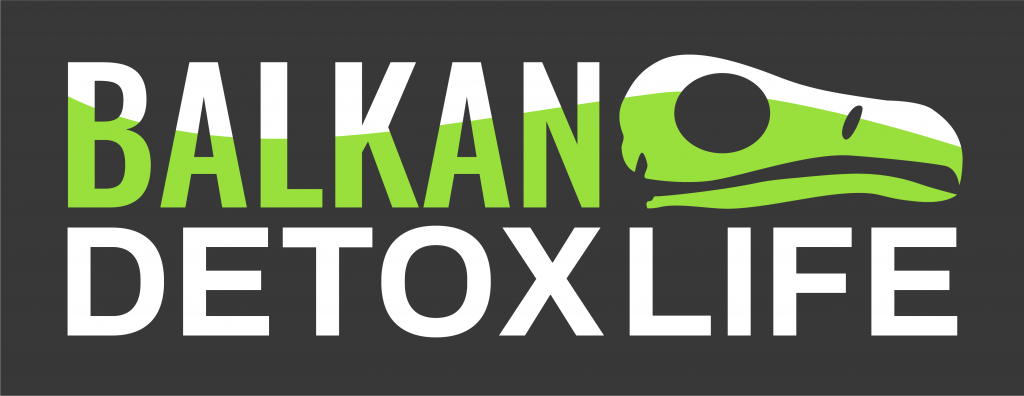Today, bird populations face pressure from several dangers, including illegal wildlife crime such as poisoning and poaching and other human-related threats such as electrocution and collision. To prevent bird suffering, our partners from the Bird Protection and Study Society of Serbia (BPSSS) have now launched a website portal to raise awareness about these threats and encourage citizens to report incidents, enabling the relevant stakeholders to respond quickly.
Website portal to prevent bird suffering
In order to help solve the problem of wildlife poisoning and other threats birds face in Serbia, BPSSS launched the portal. With the help of the portal, citizens can get acquainted with the most common causes of bird mortality and suffering, such as poisoning, poaching with firearms, illegal capture, electrocution, and collision. Additionally, citizens will be able to report cases of bird deaths through the portal.
Aleksa Vukićević from BPSSS further states that “if we get timely data on the suffering of birds, it will show us the scale of the problem, and then help in finding, reporting and punishing the perpetrators. We need the help of conscientious citizens who will submit via the portal poslednjilet.rs information on endangering birds”.
Threat of illegal wildlife poisoning in Serbia

Illegal wildlife poisoning is one of the most important causes of mortality and population decline for numerous threatened and endangered bird species worldwide. Serbia is no exception. Since 2000, more than 200 bird poisoning cases have been reliably registered throughout Serbia, during which more than 2,000 individuals have died. Affected birds like raptors and vultures are mostly collateral damage to poisons intended for other species that some people consider pests. These rare and endangered birds often die due to poisoning because they are among the first to find and visit poisoned meat. Among these species, in the last 20 years, the most commonly found have been the Common buzzard (Buteo buteo), White-tailed eagle (Haliaeetus albicilla), Marsh harrier (Circus aeruginosus) and Griffon Vultures (Gyps fulvus).
The new EU-funded BalkanDetox LIFE project launched with the goal to combat the problem of illegal wildlife poisoning across seven Balkan countries, including Serbia. The BalkanDetox LIFE project aims to shift the behaviour and perceptions of the multiple stakeholders, from the decision-makers to the general public and the actual users of poison baits. The project team will raise awareness about the severity of wildlife poisoning as well as advise on safe alternatives to the root-problem (human-wildlife conflict), such as preventative measures that do not harm animals or the environment. Furthermore, it will reinforce operational capacities and coordinate institutional actions to increase detection and improve management of poisoning incidents, facilitate an immediate and effective response to such incidents as well as strengthen enforcement to deter them. The final aim is to minimize the scale and scope of wildlife poisoning in the Balkans, and therefore helping safeguard nature and people!
BalkanDetox LIFE
The BalkanDetox LIFE project is a five-year endeavour with a €1.8 million budget, which aims to raise awareness and strengthen national capacities to fight the problem of wildlife poisoning across Albania, Bosnia & Herzegovina, Bulgaria, Croatia, Greece, the Republic of North Macedonia and Serbia. It received funding from the EU’s LIFE Programme, and it is co-financed by the Vulture Conservation Foundation, the MAVA Foundation and Euronatur, as well as by the Whitley Fund for Nature and Environmental Protection and Energy Efficiency Fund for specific actions. Project partners are the Vulture Conservation Foundation as the coordinating beneficiary, and the Albanian Ornithological Society, Association BIOM, Bird Protection and Study Society of Serbia, Fund for Wild Flora and Fauna, Hellenic Ornithological Society, Macedonian Ecological Society, Ornitološko društvo NAŠE Ptice and the Protection and Preservation of Natural Environment in Albania as associated beneficiaries. Furthermore, this project is based on Spanish best practice experience and counts with the support from the Junta de Andalucía and the Spanish Ministry for the Ecological Transition and the Demographic Challenge.


















